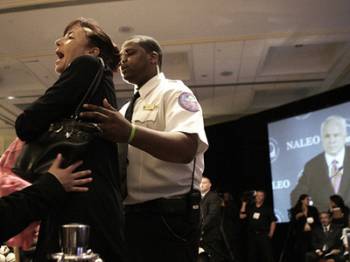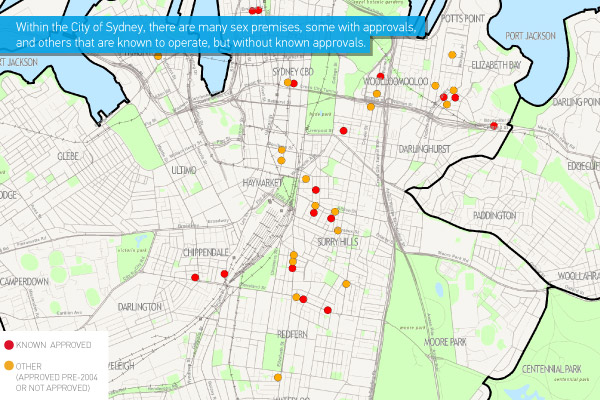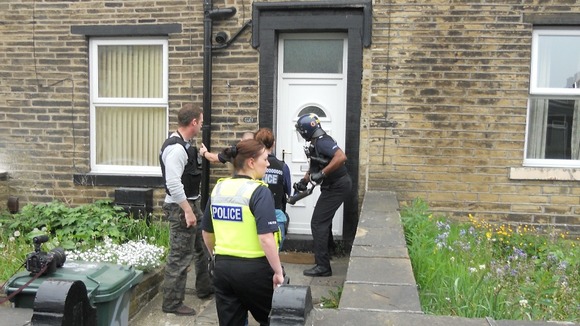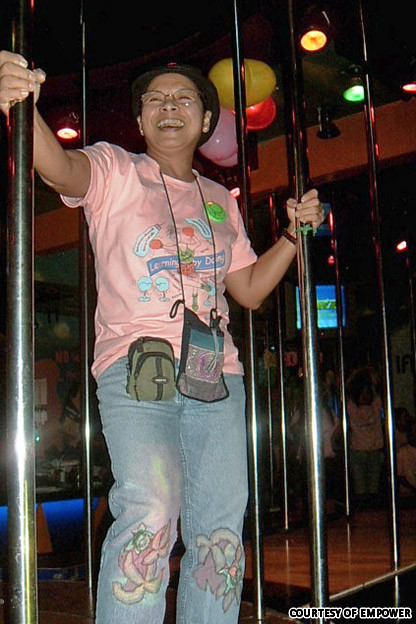 Academic publishing is dysfunctional. Even I, who spend a good bit of time online, never received notice of a review of Sex at the Margins published five years ago in a major journal. Had I known about this one I would have responded to its complaints. The short reply is that the book is based on research I did for a phd. It never set out to be a definitive study of every possible situation, and it was started before I had even heard the word trafficking. By the time I approached the end, I knew I was publishing testimonies that other people would classify and analyse differently, but my object was to account for migrants’ own descriptions of their lives – including women living in the kind of situations depicted in this photo. Yes, I talked to folks like her and others pictured on this page, in Europe and before they had left their own countries. More of my reply after the review itself.
Academic publishing is dysfunctional. Even I, who spend a good bit of time online, never received notice of a review of Sex at the Margins published five years ago in a major journal. Had I known about this one I would have responded to its complaints. The short reply is that the book is based on research I did for a phd. It never set out to be a definitive study of every possible situation, and it was started before I had even heard the word trafficking. By the time I approached the end, I knew I was publishing testimonies that other people would classify and analyse differently, but my object was to account for migrants’ own descriptions of their lives – including women living in the kind of situations depicted in this photo. Yes, I talked to folks like her and others pictured on this page, in Europe and before they had left their own countries. More of my reply after the review itself.
Gender & Development Vol 16, No 1, March 2008
Agustin, Laura Maria, Sex at the Margins: Migration, Labour Markets and the Rescue Industry
London: Zed Books, 2007This book should be recommended to everyone who works for any type of ‘rescue industry’, and especially to organisations helping migrants and prostitutes. It should also be interesting for all who read media stories about victims of trafficking, stories that are all similar, which all include information about police rescue actions, and accounts of sexual exploitation and violence; stories that we all know. Usually the stories do not mention that such actions do not have happy endings, that the ‘rescued women’ are sent back home into the very same situation they were trying to escape, and their lives there are now made more difficult by the new stigma of being a prostitute. Their traffickers are rarely punished.
The book is written by a person who herself has carried out ‘participatory research’, that is, she has worked with migrant prostitutes or ‘victims of trafficking’, as they are referred to in most cases. [LA: Not by me, by other commentators.] It is written from the perspective of a person who knows the situation from the inside, who has followed the flow of migration from Latin America to Spain, who understands the complexity of motivations and circumstances leading to the decisions to migrate. The author looks at women’s strategies to settle in a new country, to find a job there, to engage in one of the caring professions in the so-called ‘informal economy’, or in prostitution. The book is the result of Agustin’s attempts to match her own experience and knowledge gained during her work in migrant communities, with the political responses to the ‘issue of migration’ which are offered by international organisations, governments, and civil-society organisations. She observes the problems of migrant women working in prostitution, as well as the problems in the development of policy responses, the types of social support available to women, and the media accounts of their ‘exploitation’. As she writes: The migration discourse relies on numerous questionable dichotomies: work and leisure, travel and settling, legal and illegal. The label migrant goes to poorer people who are conceived as workers with no other desires and projects, but when migrants are women who sell sex they lose workers’ status and become ‘victims of trafficking’. The obsessive gaze on poverty and forced sex disqualifies working people’s participation in global flows, flexible labour, diaspora and transnationalism. Women are victimised more but the migrant label is disempowering for men too.
The book questions the politicised approach to women’s migration that results not only in too simplistic an interpretation of the new global trends, but as a consequence results also in developing inadequate responses to those trends. While writing about the situation of migrants, the author is showing how the use of the term ‘migration’ is reducing the complex meaning of the movement of people through the borders, especially those who are poor, and from the margins of the world. Migration as opposed to travel; migrants as opposed to travellers or tourists; the need for employment as opposed to the need to seek new horizons and to explore the world. In real life, argues the author, such oppositions rarely exist.
Agustin is describing some of the irrational actions and reactions to the migration of women, by presenting a discursive picture of the ‘migrant prostitute’, a picture that bears a heavy load of suspicion and stereotypes. The figure of a ‘victim of trafficking’ (helpless, abused, in need of support, not able to make sensible decisions and protect herself) is an extreme example of politicisation of the migration discourse. Even more extreme is the practical result of such a narrative, a model of assistance developed to assist victims.
‘Trafficking’ is, to some extent, a modern duplication of the ‘white slave’ discourse from the nineteenth and [early] twentieth centuries. Back then, the term ‘white slaves’ was designed to prevent women’s migration by spreading stories about what happened to women migrating from Europe to the Americas. Today, while the rhetoric is the same, the protection of innocent victims from sexual abuse, the term ‘trafficking’ is used to describe the global migration of women and, once again, the aim is to protect them from sex crimes. I share the conviction of the author that the view of a female migrant as a woman with no agency, no clearly defined migration project, helpless and in need of protection, has given rise to a very conservative, old-fashioned model of charity work.
However, after agreeing with the author on these points, I have to ask, what about the victims of trafficking? While challenging the definition of trafficking, and presenting the complex web of consequences that the contextualisation of migrant women as victims of trafficking has for their rights and their lives, Agustin does not mention the fact that some of the migrant women working in prostitution are indeed victims of trafficking and need support.
While it is very important to reject the charitable approach as flawed, what should replace it? I am not a big fan of any particular approach to prostitution adopted by policy makers to date. All of them seem to me inadequate, and fail to reflect the complexity of the issues covered by this term; and, even more, the complexity of real-life situations and biographies of the people involved. These are people who somehow, stubbornly, do not want to fit into our models. However, working for many years in eastern and central Europe, I have to acknowledge that the situation of many prostitutes cannot be described by any terms other than abuse, force, and exploitation. They are ‘owned’ by the pimps, have their earnings confiscated, and are not free to choose the conditions of their work, among other issues. We cannot use the language of consent, and insist that prostitution is a chosen profession to describe situations of cruel exploitation, deprivation of freedom of movement, and total dependence on the bar or brothel owners. In the same way in which violence against women in the family cannot be called ‘family life’, the violence against migrant women working in prostitution cannot be called ‘sex work’. The difference is that in the case of theorising family life, nobody, for political reasons, is trying to say that all marriages should be perceived as violent, and all married women should be treated as victims, just because violence against women in the family exists.
I am disappointed that Agustin stopped short of looking at the real violence against migrant women, especially those working in the sex industry. She does describe how the term ‘trafficking in women’ is misused, but does not look at the need to re-establish its proper meaning.
I wonder how it was possible that the term ‘trafficking’ was hijacked by the international organisations and state agencies, and that suddenly all women working in sex industry became ‘victims of trafficking’, not only migrants. In eastern Europe, the term is used also to describe ‘internal trafficking’. I would be even more interested to learn how it is possible that the very same actions of the state agencies that were the trigger for NGOs taking action to protect abused migrant prostitutes are now described as ‘anti-trafficking measures’. I do understand the mistrust of Agustin towards such actions, but I wonder whether the decision simply to refuse to look at abused migrant prostitutes as victims of trafficking will stop the violence against them.
Barbara Limanowska, UNDP
I can understand Limanowska’s disappointment: almost every book I read disappoints me in some way. However, it isn’t true that I simply ‘refused to look at abused migrant prostitutes’ or didn’t mention that some victims want support. Conversations I had with escapees from bad situations are included in the book; one vignette in the fieldwork chapter describes a shelter for escapees from trafficking in Madrid. Incidents migrants narrated to me that describe abuse are included as well. What I did that hadn’t been done before was listen to everything else they said, including complications like their compliancy in getting false papers, their willingness to get into debt, the priority they gave to earning money, their desire not to be rescued in the manner often imposed on them and their insistent rejection of a victim identity. Limanowska suggests, even back in 2008, that there are two clearly separable groups – migrants and trafficked people, which leads her to complain that I only wrote about one of the groups and neglected the other. What I actually did was analyse what hundreds of people said to me, trying to shed light on their bigger stories rather than classify them. I found no evidence for the existence of two discrete groups requiring different treatment (or policy). No one that I spoke with, even in shelters for trafficking victims, described themselves as belonging to a group separable from migrants in general.
Sex at the Margins is an edited version of my doctoral thesis. For two years after getting the phd I didn’t even bother to send it to Zed Books, the publisher I had a contract with. I simply never imagined it could be interesting or relevant to many people. That it was good enough for reviewers like Limanowska to forget it was a student’s work, not a big policy-oriented study, is actually a big compliment.
More of the many reviews of the book can be read here.
—Laura Agustín, the Naked Anthropologist




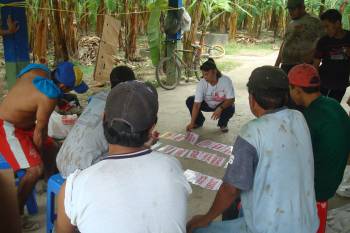


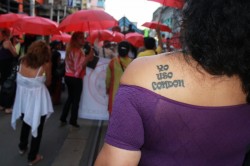

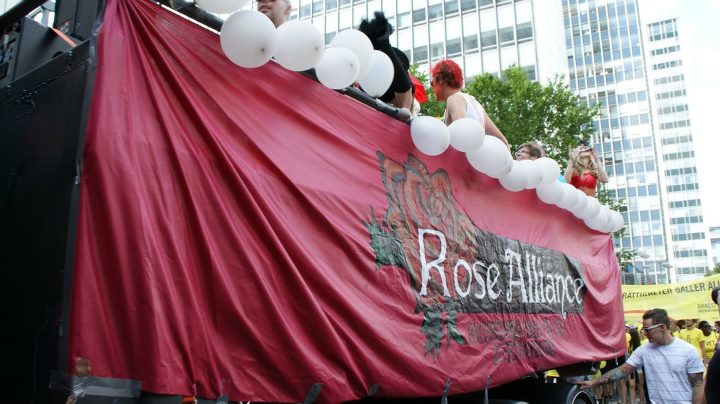
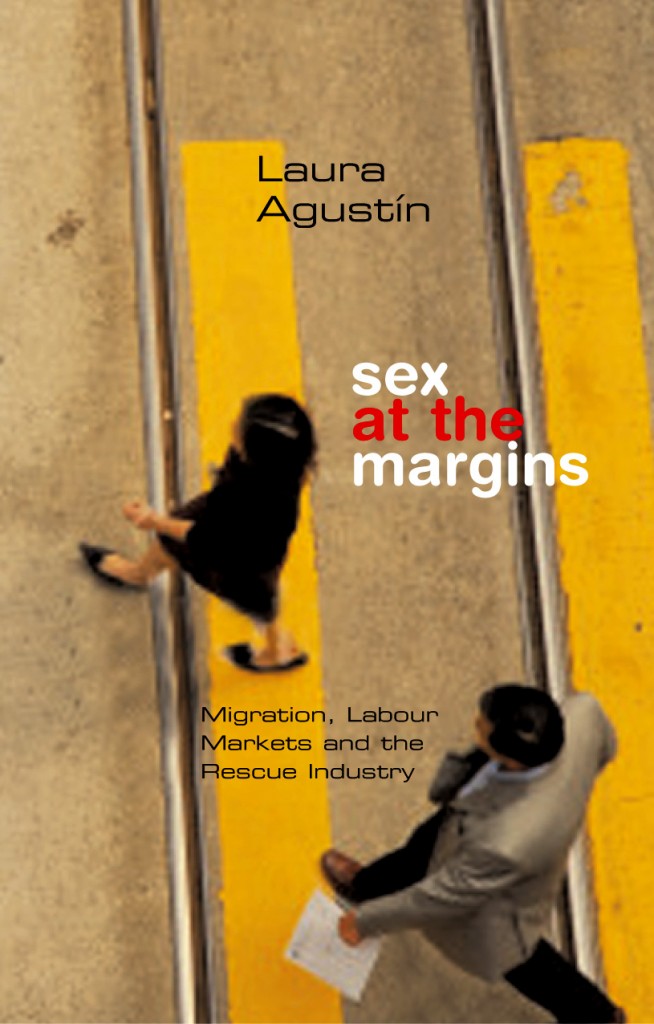








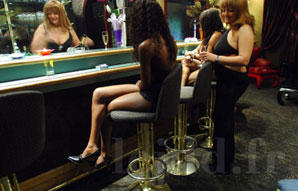
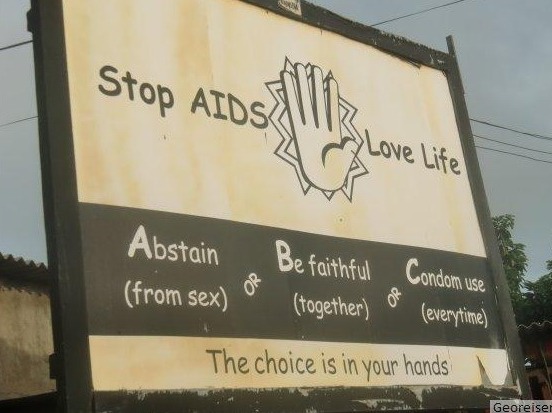


 Recently a
Recently a 